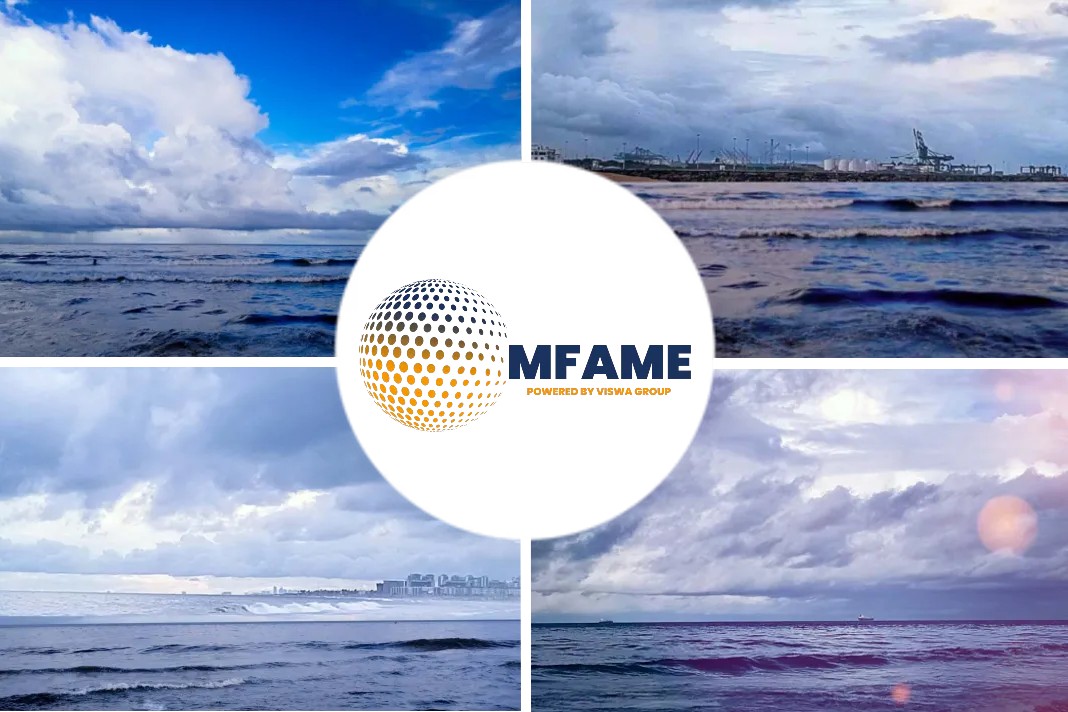 Fischer Panda UK’s electric drive system and generators will power the world’s first fully automated vessel, the Mayflower Autonomous Ship (MAS), when it sets sail on its historic maiden voyage across the Atlantic this June, says an article published on their website.
Fischer Panda UK’s electric drive system and generators will power the world’s first fully automated vessel, the Mayflower Autonomous Ship (MAS), when it sets sail on its historic maiden voyage across the Atlantic this June, says an article published on their website.
Collaboration
MAS is a collaborative initiative led by ProMare, a non-profit charity established to promote marine research and exploration throughout the world. The vessel is designed by Whiskerstay and MSubs, both companies with extensive experience developing manned and unmanned marine vehicles, while the Universities of Plymouth and Birmingham are also involved, respectively working on some of the research pods and virtual/augmented reality systems.
The robot research vessel, developed by marine research organisation ProMare with IBM acting as lead technology and scientific partner for the project, was launched on 16th September last year and has undergone several months of sea trials.
Expected time to cross
Driven by the Fischer Panda hybrid-electric propulsion system which will be primarily charged by wind and solar energy, MAS is expected to make the crossing in approximately 20 days at speeds up to 10 knots – a huge leap from the original Mayflower’s 60 days at 2.5 knots over 400 years ago. The fully-electric propulsion system will give unlimited range in equatorial sunshine and breeze – although Fischer Panda diesel generators will offer backup should conditions be less ideal.
MAS Comprises
The equipment installed and commissioned by Fischer Panda UK’s engineering team comprises:
- Two 48V DC generators – a 22kW Fischer Panda AGT 22000 and a 4kW Fischer Panda AGT 4000. Both generators are in ‘PVM’ format, with a dry exhaust. This removes the need for a raw water intake, a potential source of leakage or corrosion.
- Two 48V Fischer Panda 20kW 600rpm Easybox shaft motors.A Mastervolt Mass Combi 48/3500-50 Inverter and Charger, supported by a battery management system for control and monitoring.
- A 38.4kWh battery bank consisting of eight of the new Mastervolt MLi Ultra 5500 Lithium Ion batteries, providing 800Ah at 48V.
Conclusion
With no human captain or onboard crew, MAS has been designed as a platform which is suitable for many years into the future for deepening understanding of critical issues such as climate change, ocean plastic pollution and marine mammal conservation. In parallel, the development of marine autonomous systems promises to transform the shipping, oil & gas, telecommunications, security & defence, fishing & aquaculture industries.
Did you subscribe to our daily newsletter
It’s Free! Click here to subscribe!
Source: fischerpanda.co





















